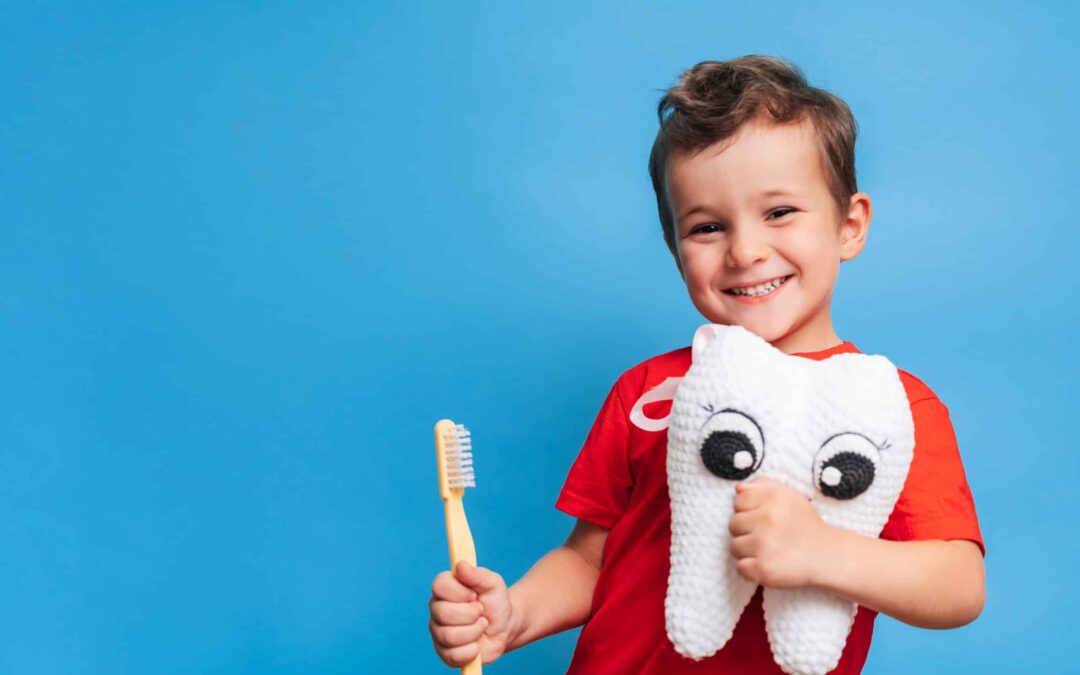In the journey of fostering good oral hygiene habits in children, education plays a crucial role. Teaching kids about oral health from a young age not only instills lifelong habits but also prevents dental issues in the future.
While traditional methods like lectures and demonstrations have their place, integrating games and activities into oral health education can make learning enjoyable and memorable for children.
In this article, we’ll explore some creative and engaging educational tools designed to teach kids about oral health.
Interactive Mobile Apps:
With the prevalence of smartphones and tablets, educational apps have become a popular tool for teaching various subjects, including oral health.
There are numerous interactive apps available that gamify the learning experience by incorporating characters, quizzes, and challenges related to dental care. It is not uncommon for a dentist in Windermere to use such apps.
These apps often feature colorful graphics and animations, making them appealing to children. Some examples include “Toothsavers Brushing Game” and “My Bright Smile.”
Board Games:
Board games are a timeless educational tool that can effectively teach kids about oral health while promoting social interaction. Games like “Toothopoly” or “Plaque Attack” mimic popular board game formats but with a dental health twist.
Players navigate through the game board, answering oral health-related questions or performing activities like brushing and flossing to progress. These games not only educate children but also encourage teamwork and critical thinking.
Storybooks:
Storybooks are a classic way to engage children’s imagination while conveying important lessons. Several children’s books focus on oral health themes, featuring colorful illustrations and relatable characters. These storybooks often follow characters as they navigate dental appointments, toothbrushing routines, and visits from the tooth fairy.
Reading these stories aloud to children can spark discussions about proper oral hygiene practices and alleviate any fears they may have about dental visits.
Hands-On Activities:
Hands-onactivities provide a tactile learning experience that reinforces oral health concepts.
Activities like making edible toothpaste (using baking soda, coconut oil, and mint extract), creating models of teeth using marshmallows and toothpicks, or conducting experiments to demonstrate the effects of sugary drinks on tooth enamel can captivate children’s interest while teaching them about the importance of oral hygiene.
Online Educational Resources:
The internet offers a wealth of educational resources specifically designed for teaching kids about oral health. Websites like Colgate’s “Bright Smiles, Bright Futures” and the American Dental Association’s “MouthHealthy Kids” provide interactive games, videos, and printable materials tailored to different age groups.
These resources cover topics ranging from proper brushing techniques to the role of nutrition in maintaining healthy teeth.
Incorporating games and activities into oral health education can transform what might otherwise be perceived as mundane into an engaging and enjoyable learning experience for children. By leveraging interactive tools like mobile apps, board games, storybooks, hands-on activities, and online resources, educators and parents can effectively instill the importance of good oral hygiene habits in young learners. Ultimately, fostering a positive attitude towards dental care from an early age sets the foundation for a lifetime of healthy smiles.
